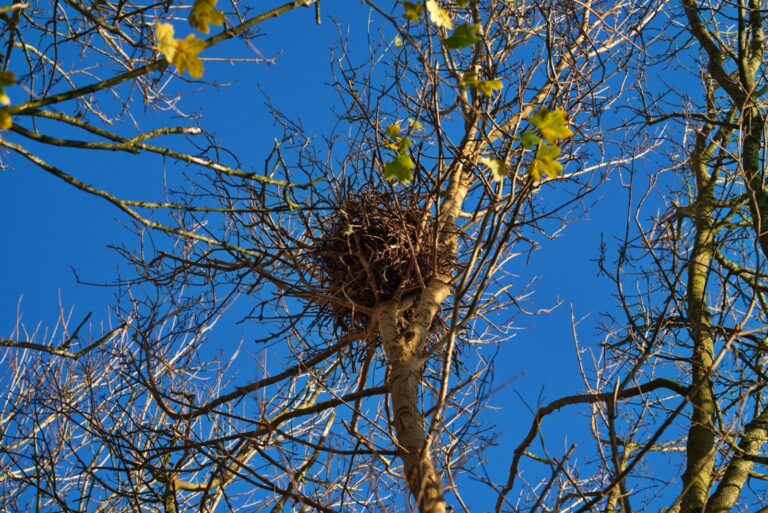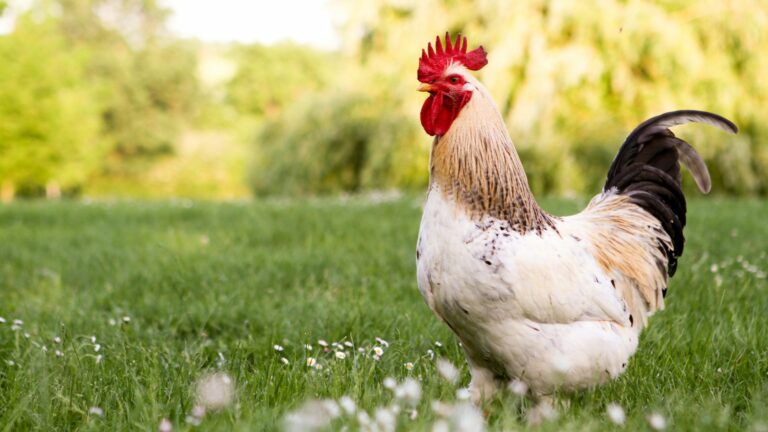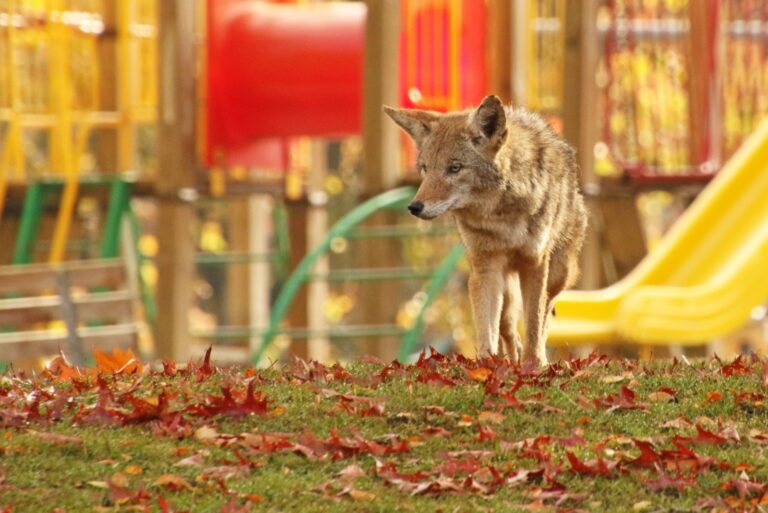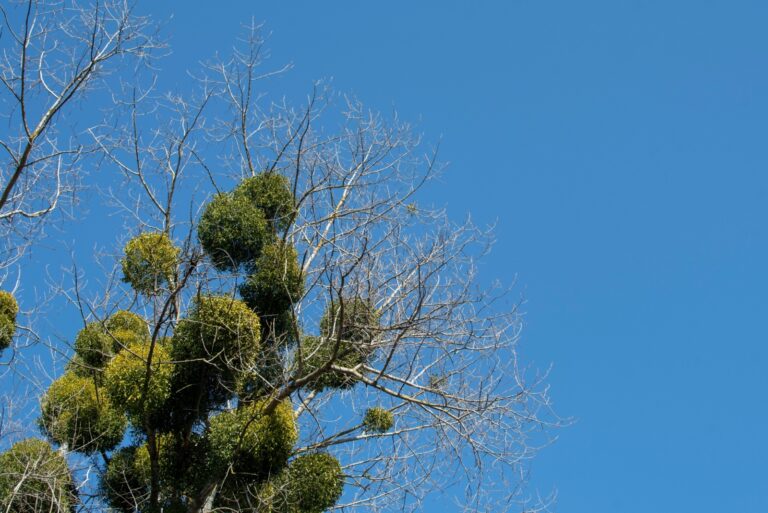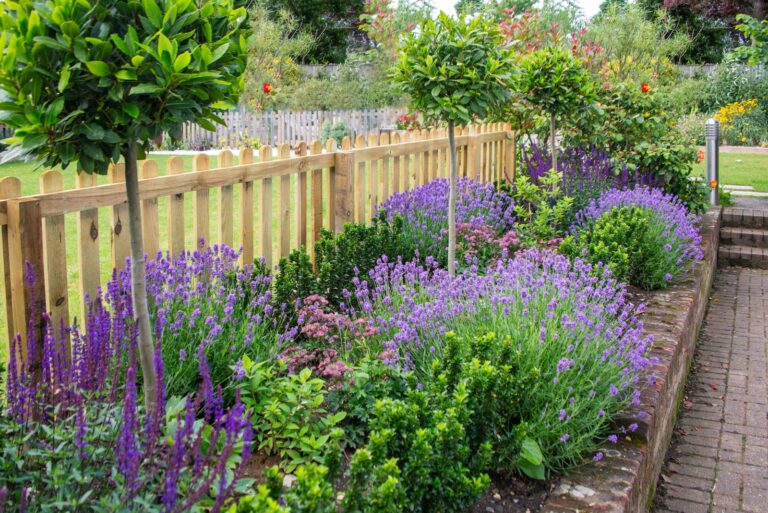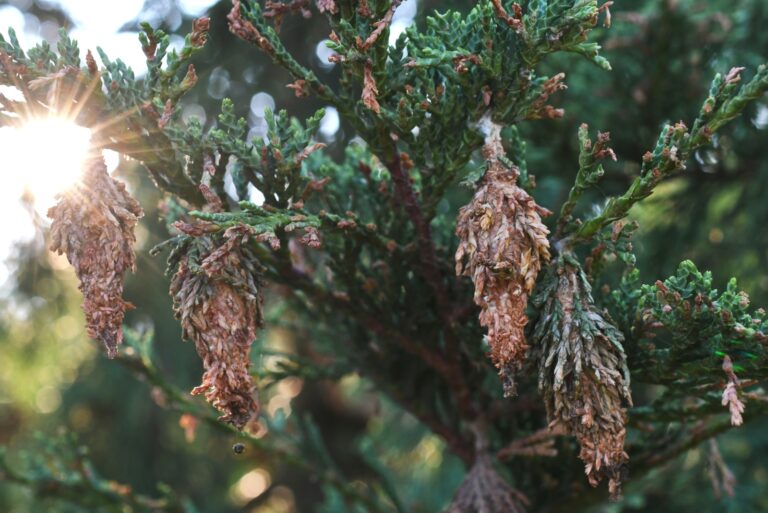11 Fruit Trees You Should Avoid Planting In Missouri
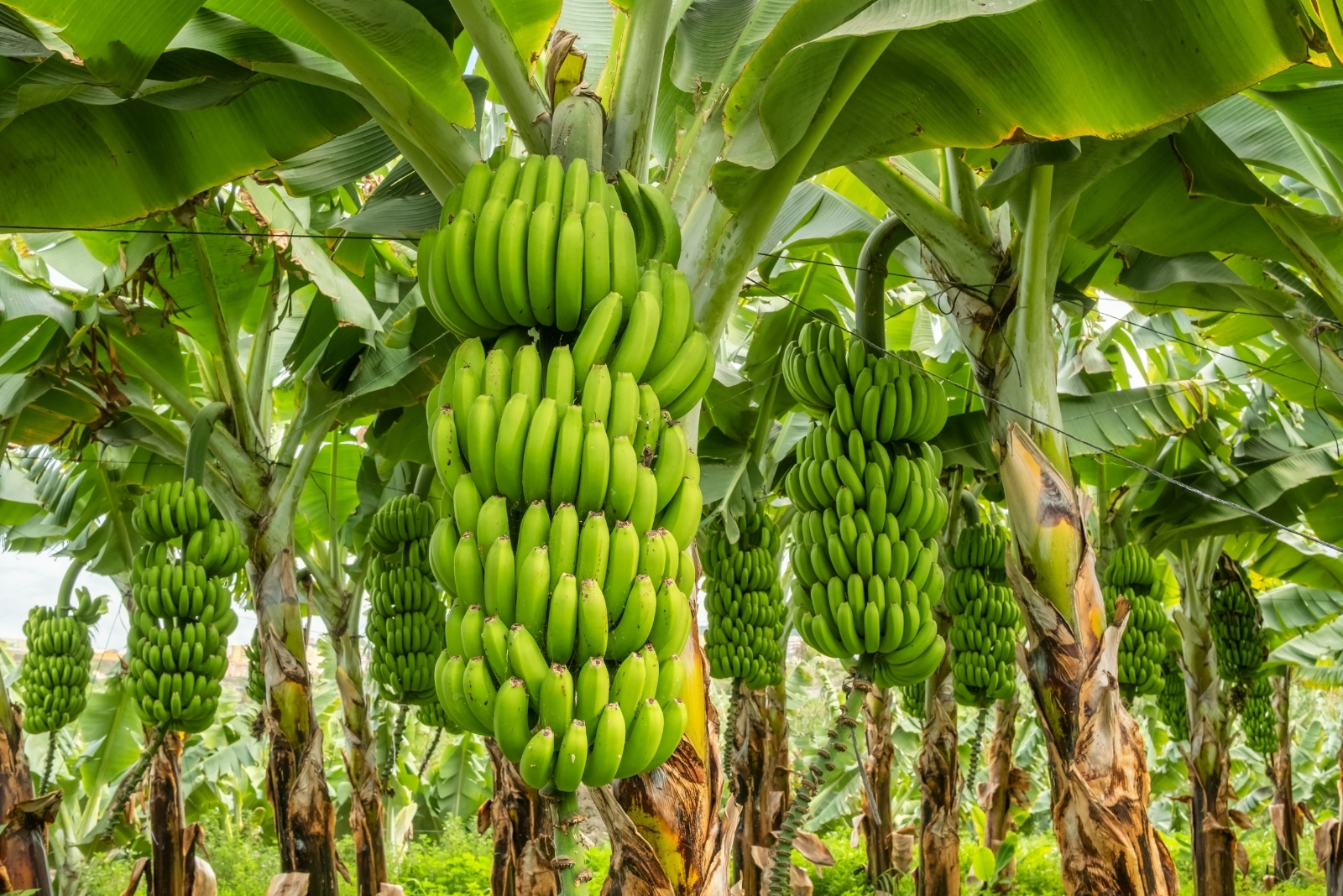
Not every fruit tree is a good match for Missouri’s climate, and some will leave you frustrated instead of full. A few favorites might look tempting at the nursery, but they struggle once they’re in the ground.
Knowing which trees to avoid saves time, money, and heartache. Let’s take a closer look at which ones don’t belong in a Missouri backyard.
1. Avocado
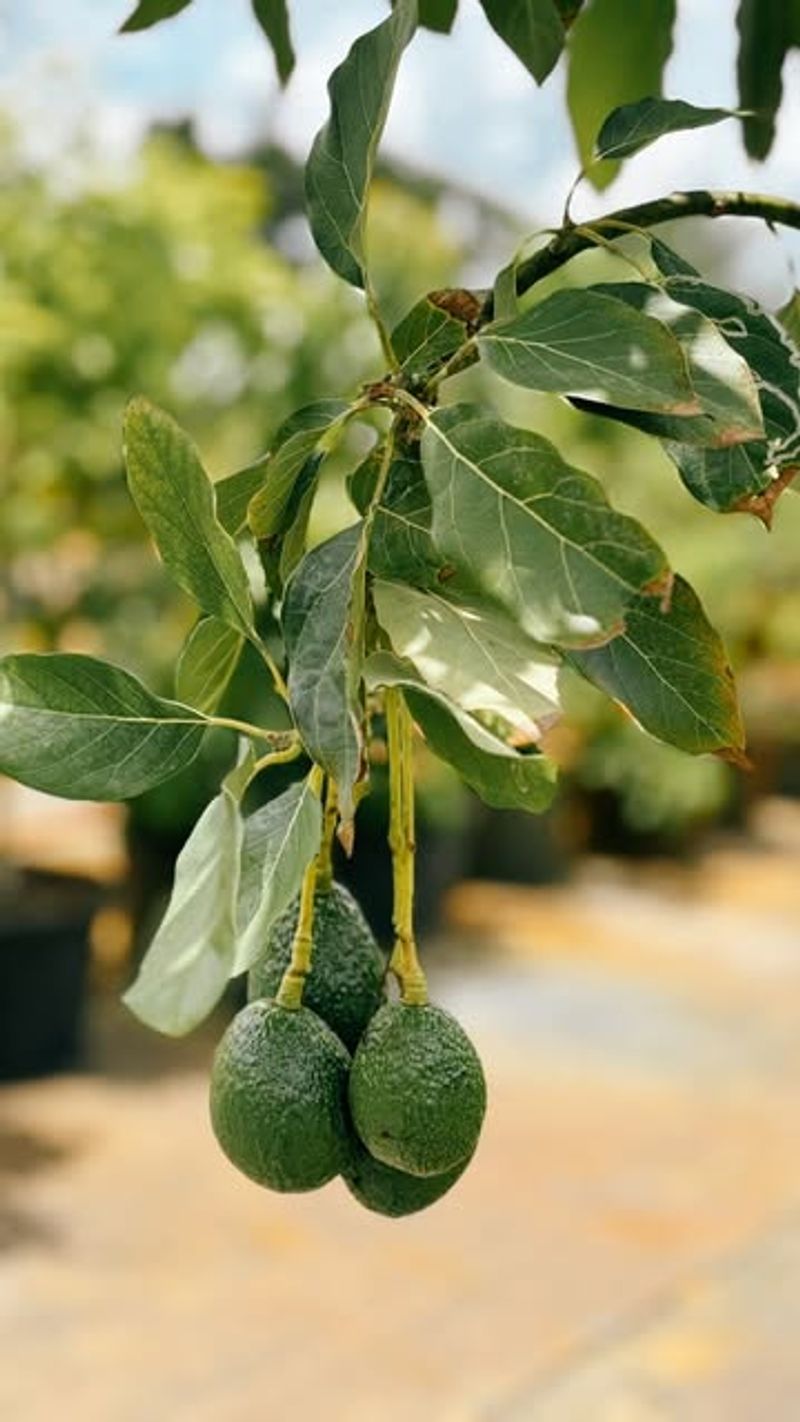
Tropical temperatures are essential for these buttery fruits, making Missouri winters a death sentence. The state’s cold climate will shock avocado trees long before they produce a single fruit.
Even in protected indoor settings, Missouri’s limited sunlight during winter months prevents avocados from thriving. Save yourself the heartache and enjoy store-bought guacamole instead.
2. Mango
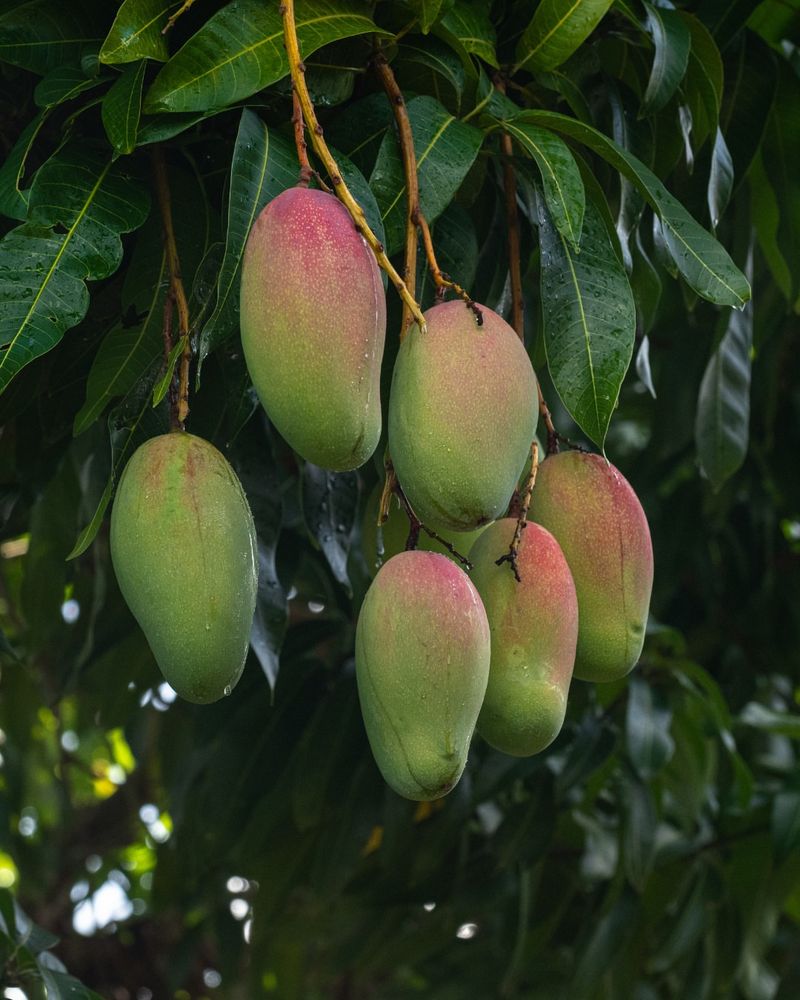
Fantasizing about homegrown mangoes in Missouri? Reality check needed! These tropical delights require consistently warm temperatures above 40°F, something Missouri can’t provide during winter months.
Humidity levels in the state might seem promising, but those freezing temperatures will turn your mango dreams into expensive compost. Missouri gardeners should stick to fruits that can handle temperature swings.
3. Citrus
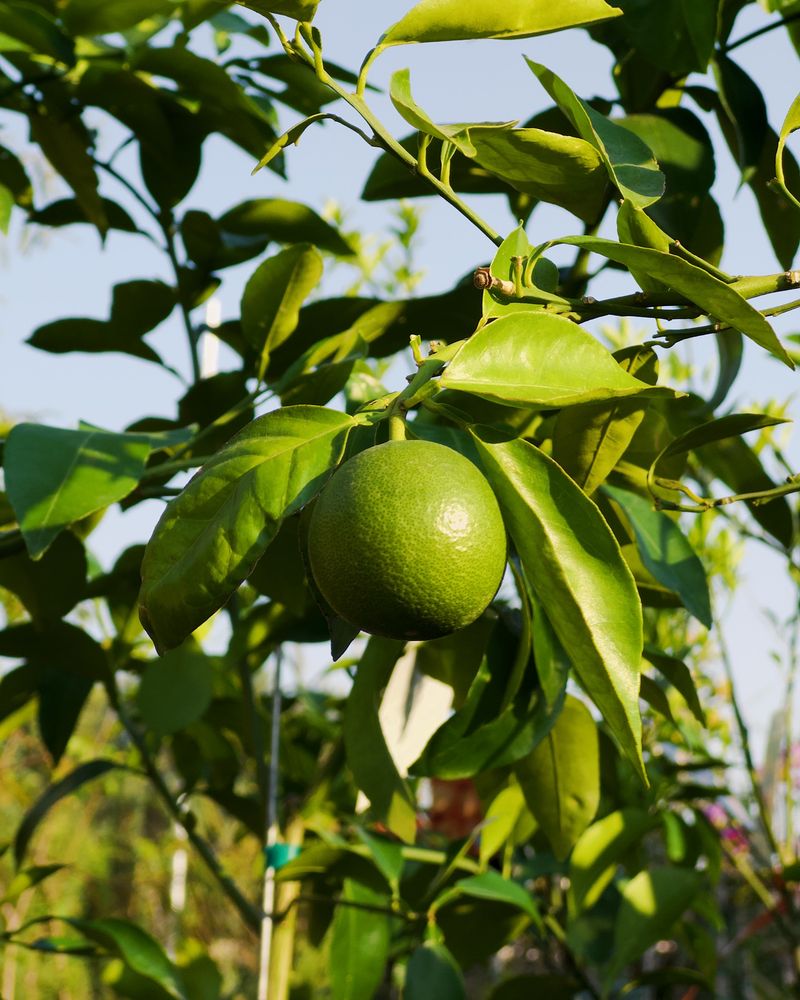
Lemons, limes, and oranges might brighten your spirits, but they’ll quickly darken in Missouri’s climate. These sunshine-loving trees can’t tolerate temperatures below 32°F for any length of time.
Missouri’s unpredictable spring frosts spell disaster for citrus blossoms. Even container-grown specimens brought indoors struggle with the state’s low winter humidity and limited natural light.
4. Banana
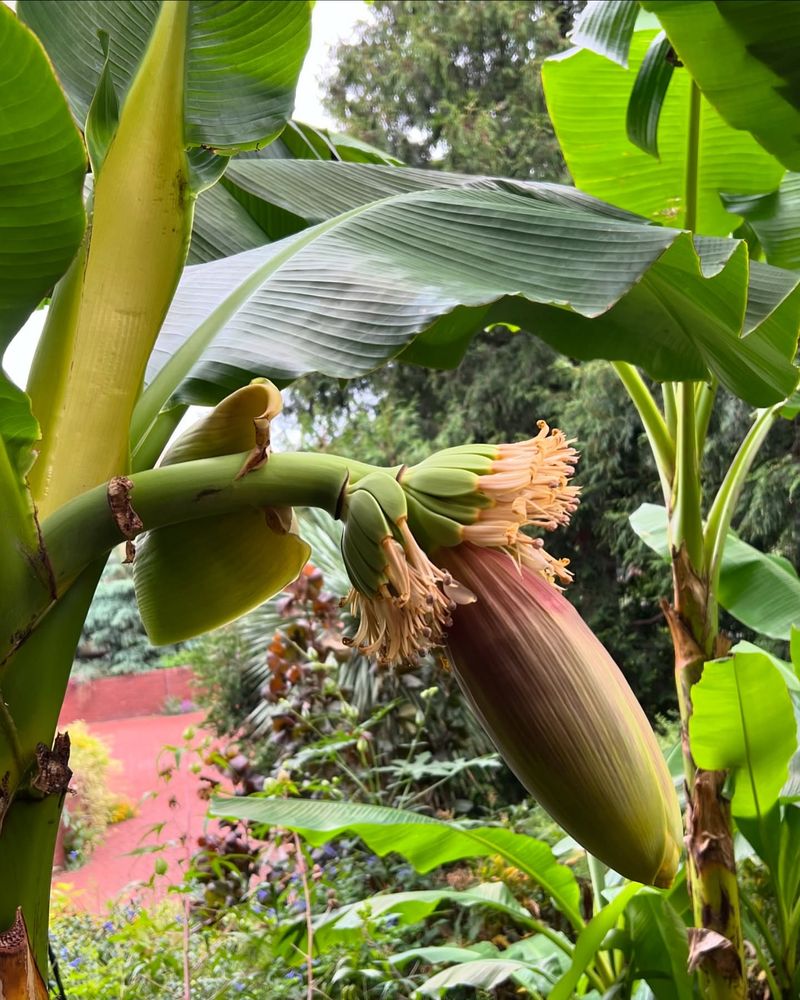
Got visions of tropical banana trees in your Missouri yard? Think again! These dramatic plants need constant warmth and high humidity—they’ll turn to mush at the first frost.
Missouri’s winter temperatures fall far below what bananas can tolerate. While they make interesting summer container plants, don’t expect fruit from these tropical beauties in the Show-Me State.
5. Papaya
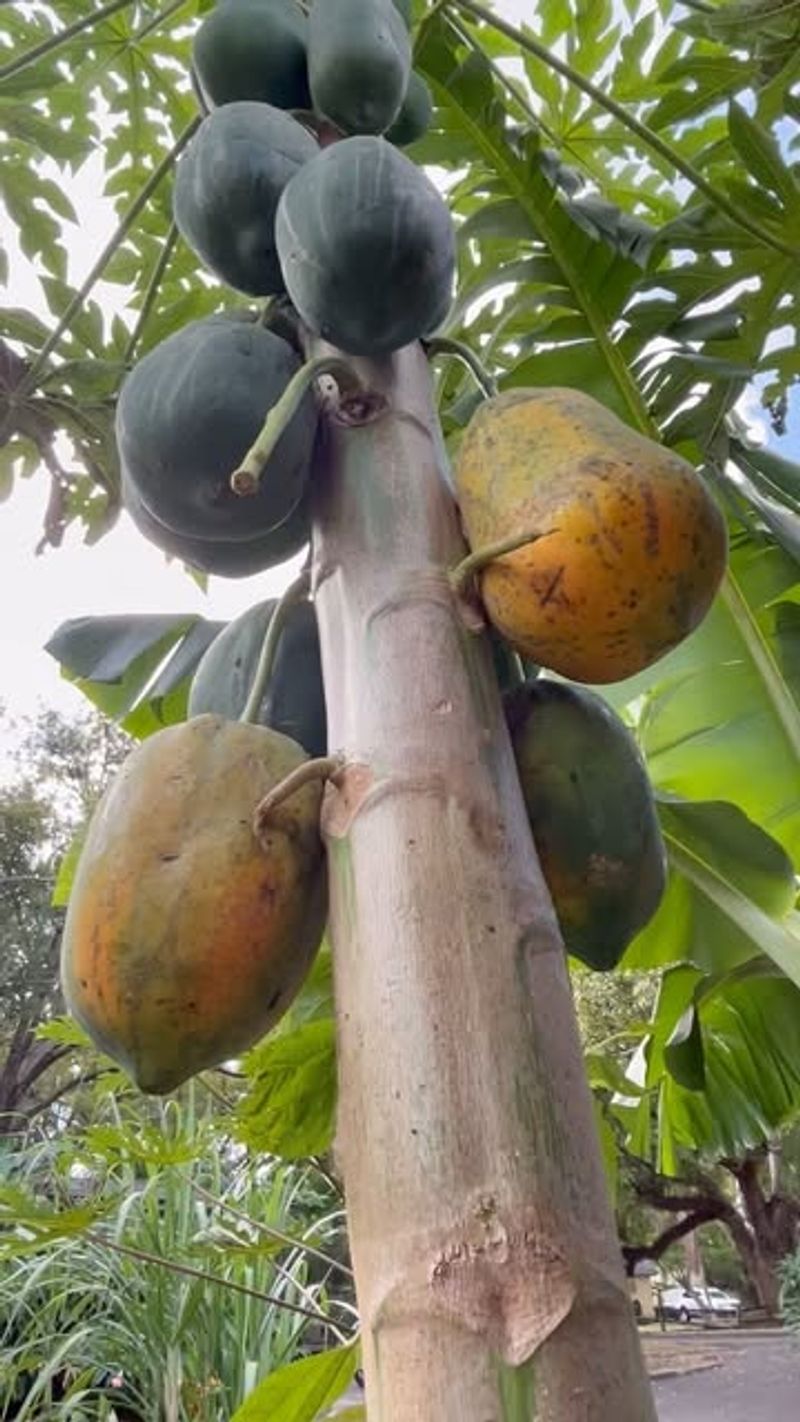
Fast-growing papayas might tempt impatient gardeners, but Missouri’s climate quickly becomes their downfall. These tropical trees need consistent warmth year-round and can’t handle temperatures below 31°F.
Missouri’s cold winters make growing papayas outdoors impossible. Even as container plants brought inside for winter, they struggle with the state’s low indoor humidity and limited natural sunlight.
6. Lychee
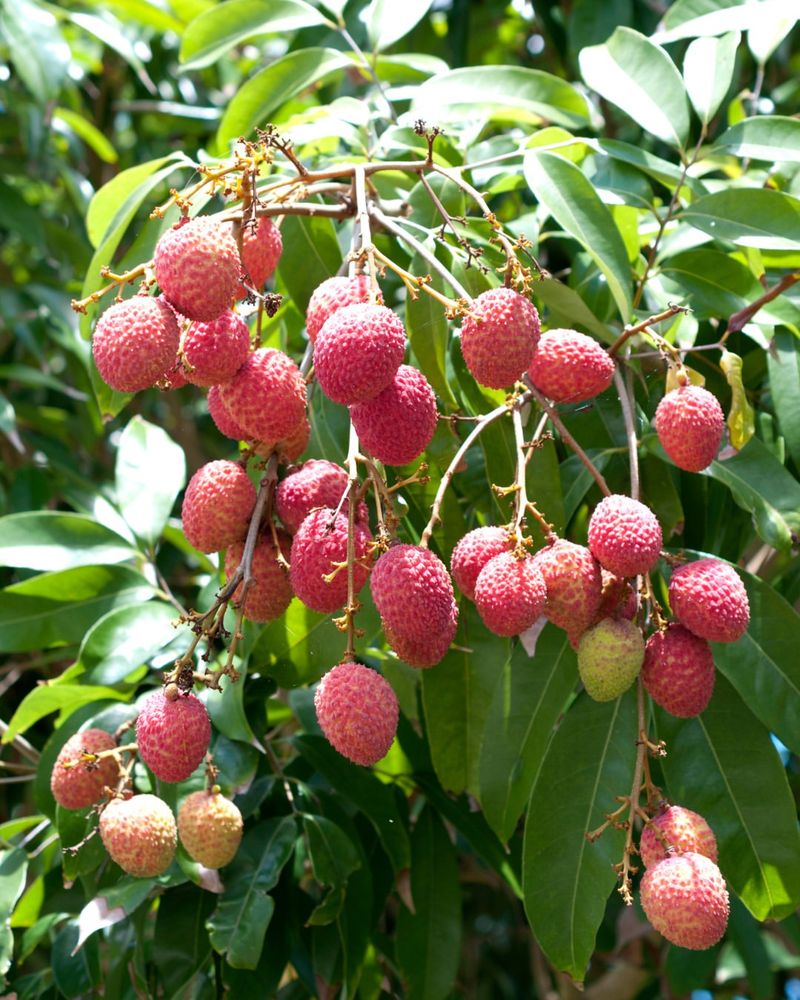
Sweet, exotic lychees require specific growing conditions that Missouri simply can’t provide. These Chinese natives need frost-free environments and warm winters to produce their delicious fruits.
Missouri’s cold snaps would kill a lychee tree before it established roots. The state’s unpredictable spring weather patterns also make flowering and fruiting unlikely even if the tree survived winter.
7. Jackfruit
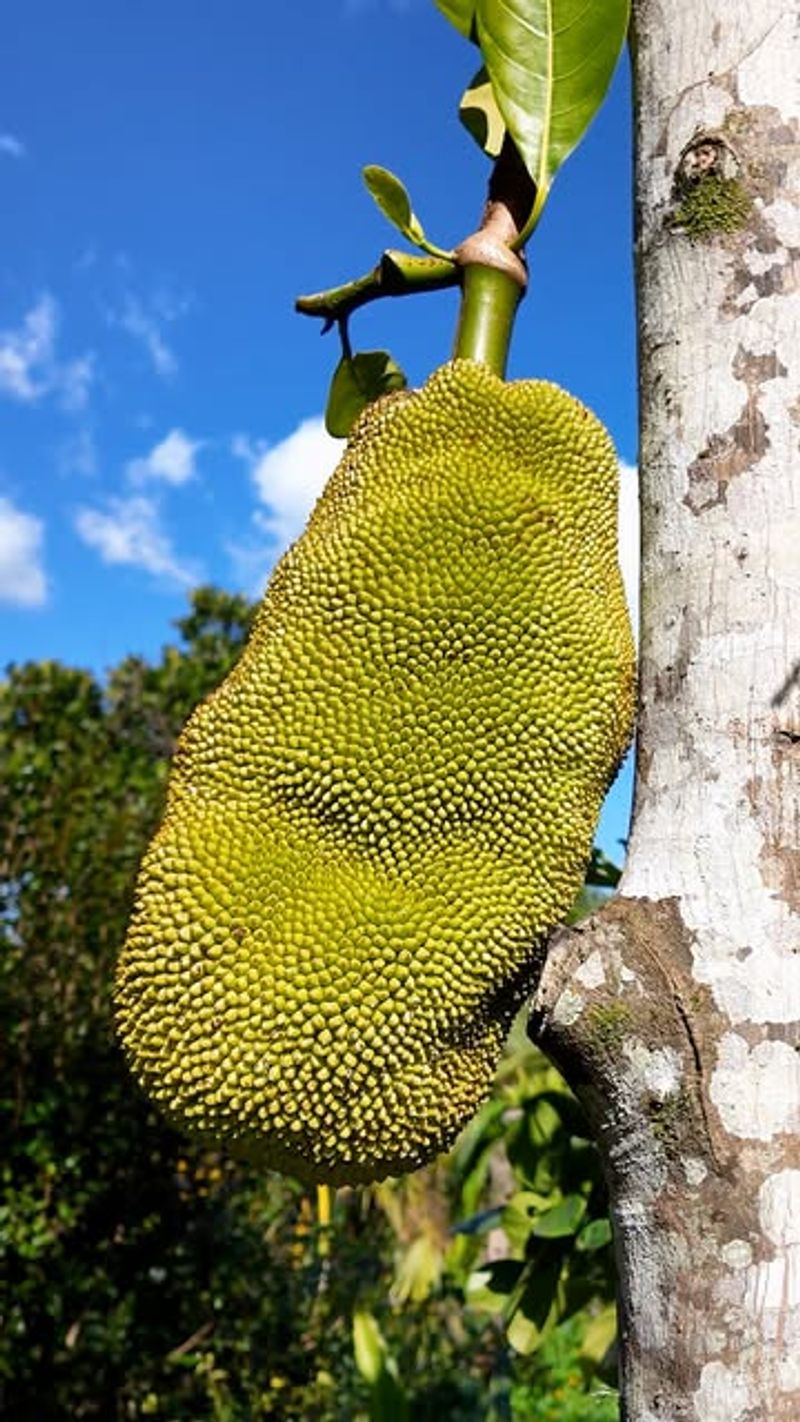
Massive jackfruits might seem like an impressive addition to your Missouri garden, but nature disagrees. These tropical giants cannot tolerate any frost and require consistent tropical conditions to thrive.
Missouri’s winters would quickly destroy these sensitive trees. The state’s growing season is also too short for jackfruit’s long fruiting period, making them a frustrating and expensive experiment.
8. Guava
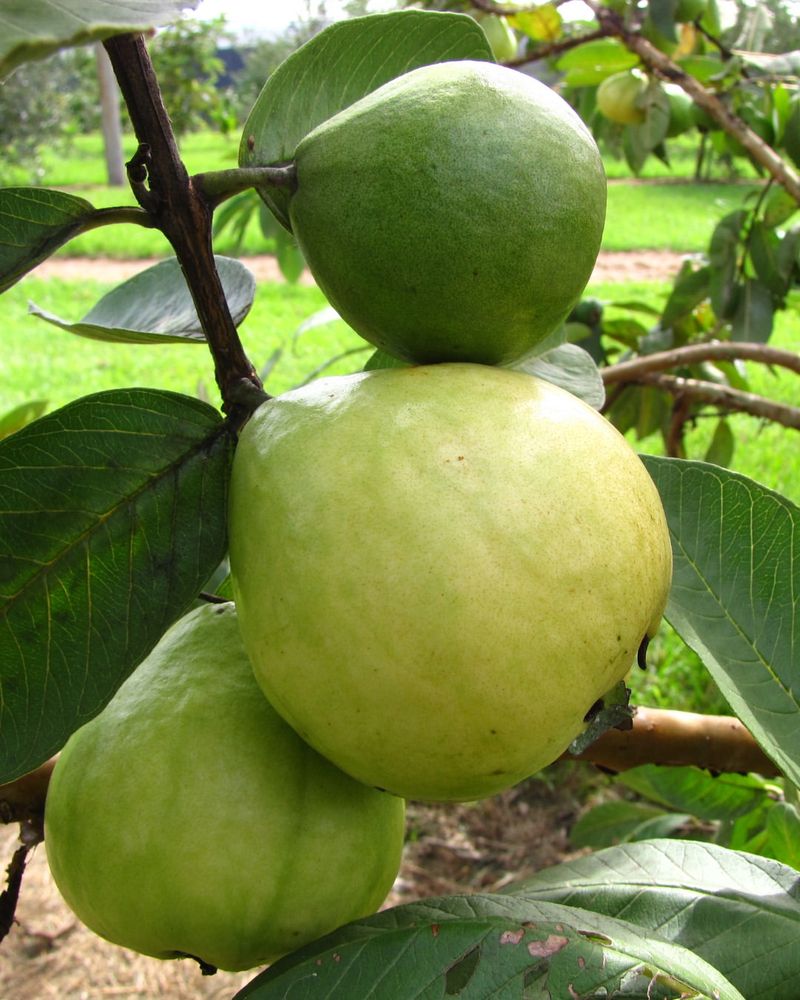
Aromatic guavas might seem tempting for Missouri gardens, but they’re destined for disappointment. Native to tropical regions, these trees suffer severe damage when temperatures dip below 30°F.
Missouri’s cold winters make outdoor guava cultivation impossible. Even in containers brought indoors during winter, the state’s low light conditions prevent proper growth and fruiting of these tropical favorites.
9. Coconut Palm
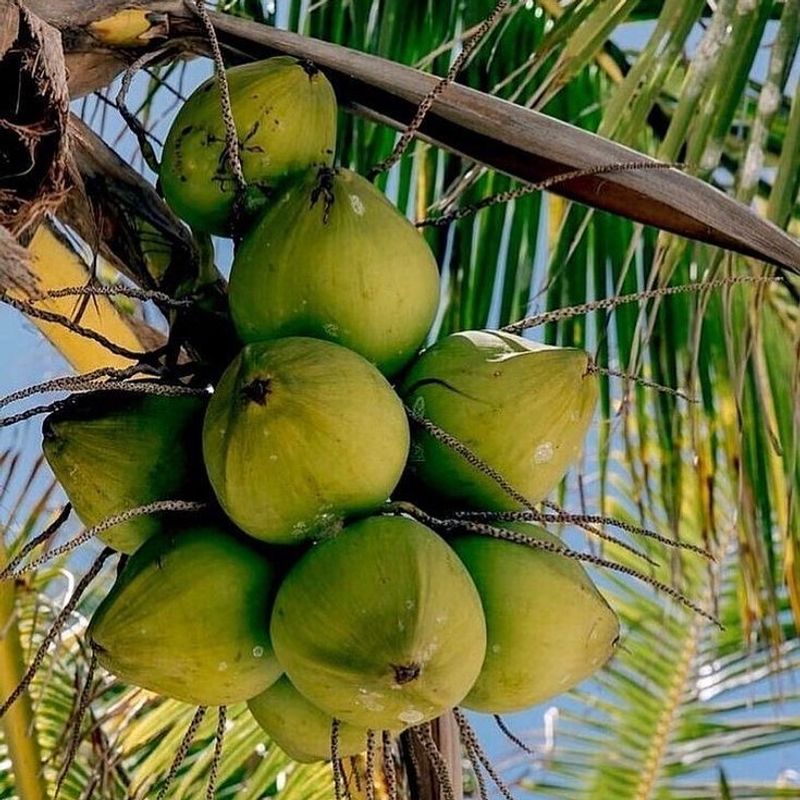
Daydreaming about coconuts in Missouri? Wake up! These iconic tropical trees require temperatures consistently above 72°F and absolutely no frost to survive, let alone produce fruit.
Missouri’s winters would kill a coconut palm faster than you can say “piña colada.” The state’s seasonal humidity swings and cold temperatures make these beach-loving trees completely unsuitable for Midwestern gardens.
10. Dragon Fruit
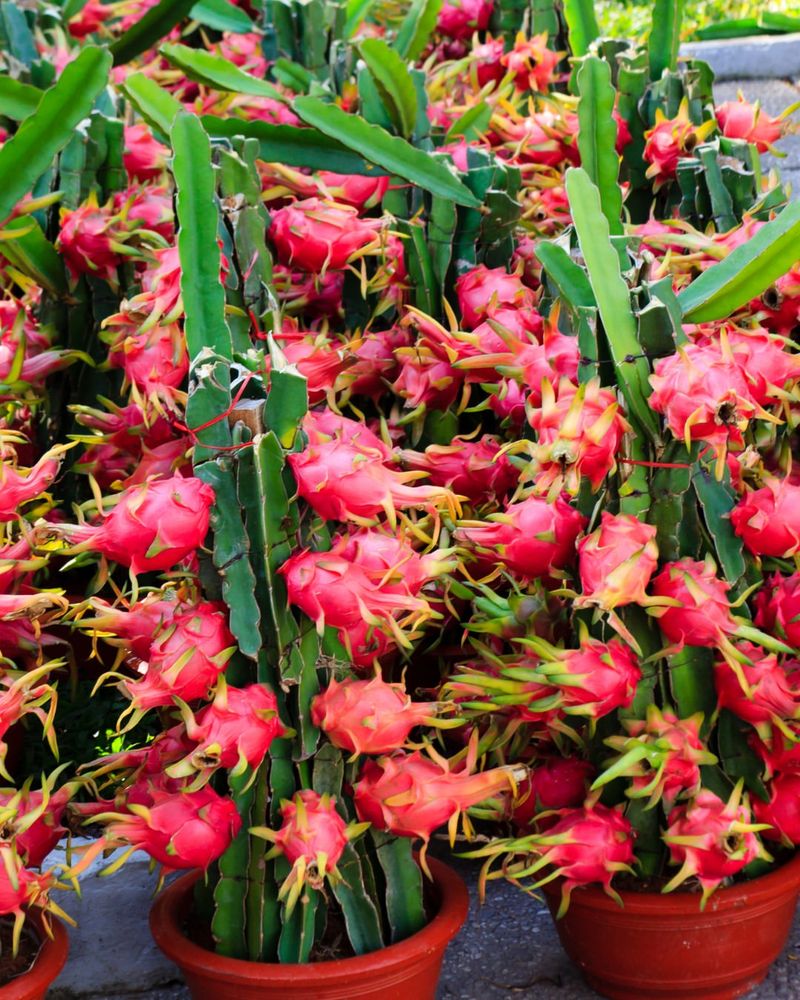
Exotic dragon fruit cacti might catch your eye at garden centers, but they’re poor choices for Missouri landscapes. These tropical cacti require warm temperatures year-round and cannot tolerate frost.
Missouri’s cold winters make outdoor cultivation impossible. While they can be grown in containers and brought inside, the state’s limited winter sunlight prevents proper growth and fruiting of these night-blooming plants.
11. Olive
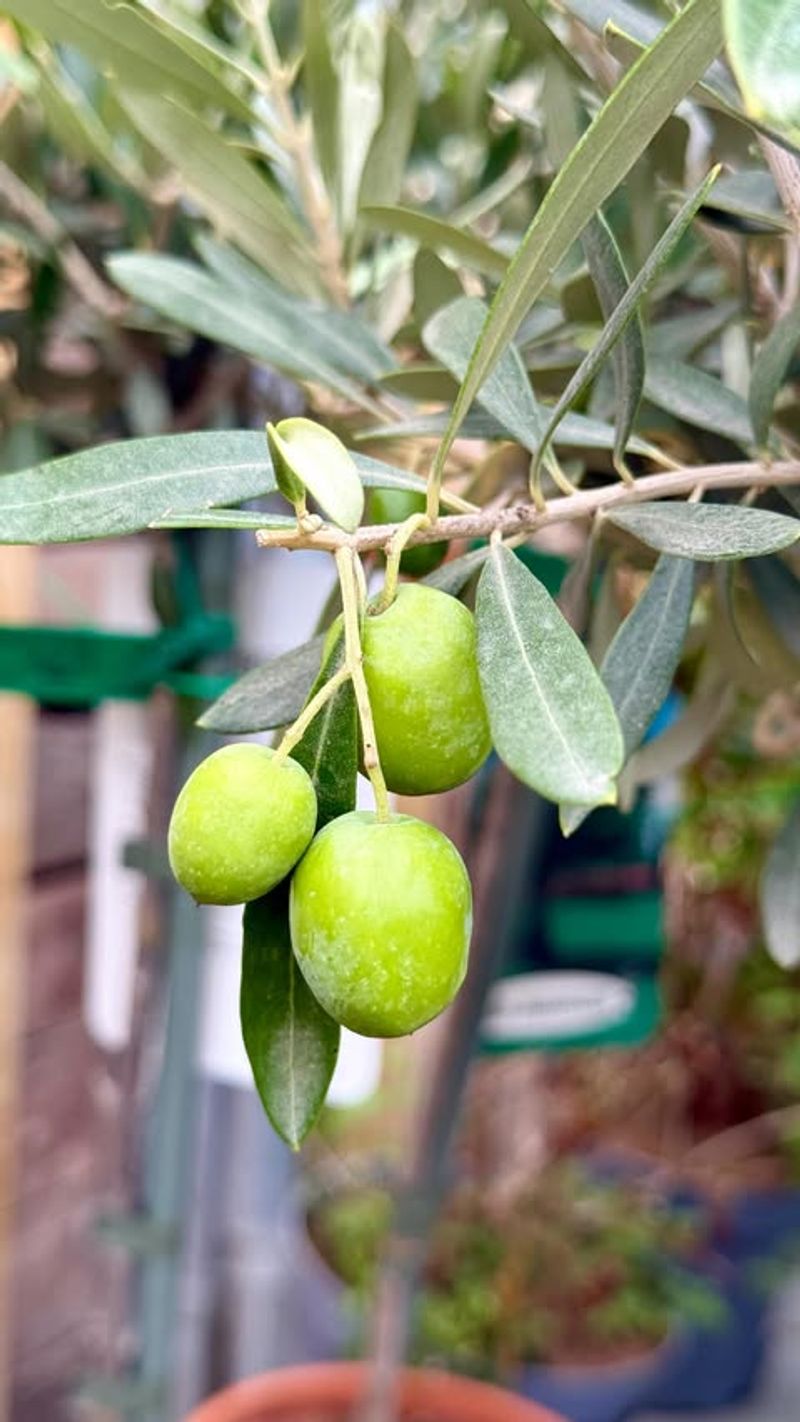
Mediterranean olive trees require long, hot, dry summers and mild winters—conditions Missouri rarely provides. The state’s humidity and summer rainfall often lead to fungal issues in olive trees.
Missouri’s winter temperatures frequently drop below what olive trees can tolerate. While some cold-hardy varieties exist, the state’s unpredictable late spring frosts often damage blossoms, preventing fruit production entirely.

